 |
| January 23, 2020 |
Dear Reader,
It's not easy to convince someone of your point of view, no matter how thoroughly you explain the facts. A new study shows that, when it comes to persuading others, it's not just what you say but how you say it—the pitch, volume, or speed. Speaking of voices, scientists have resurrected the vocal tract of an ancient Egyptian scribe. To hear the audio clip, check out the article by Sophie Bushwick. And lastly, researchers in China say snakes may be the original source of the newly discovered coronavirus rapidly spreading through the country. |
| | Sunya Bhutta, Senior Editor, Audience Engagement
@sunyaaa | |
 |
| |
| |
| |
| |
| Biology Survival of the Fittest Cells Cells in the body don't always play nicely together. Could co-opting their competitive nature help to unlock cutting-edge therapies? | | By Kendall Powell,Nature magazine | | | |
| |
FROM THE STORE
 | | The New Science of Healthy Aging Understanding why we age and how to prevent age-related physical and mental decline can help us to live in the moment and enjoy our health at any age. In this eBook, we explore the latest thinking in why we age, strategies to help maintain good health as well as research into the limits of human longevity. |  | | |
| |
FROM THE ARCHIVE
 | | Confident Tone Overcomes Accent Distrust English as-a-first-language Canadian study subjects were less trusting of statements in English spoken with a foreign accent, unless the speaker sounded confident about their assertion. By Lucy Huang | October 2018 | | |
| |
| |
LATEST ISSUES
 |
| |
| Questions? Comments?  | |
| Download the Scientific American App |
| |
| |






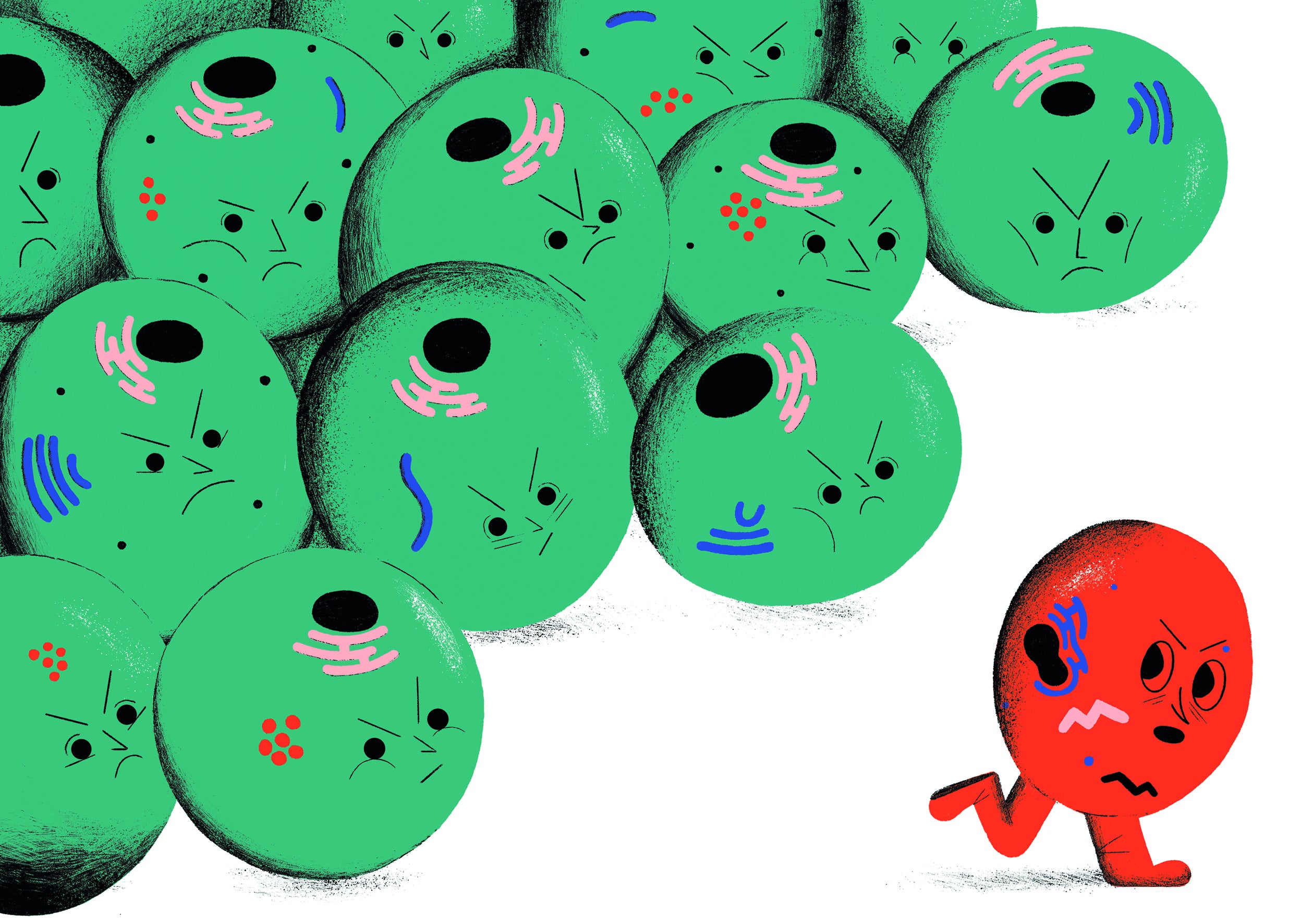




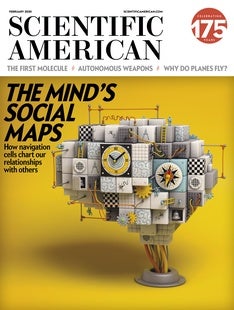

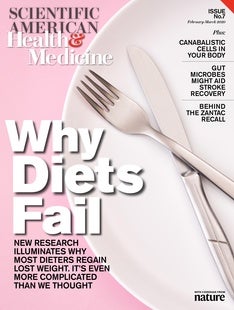
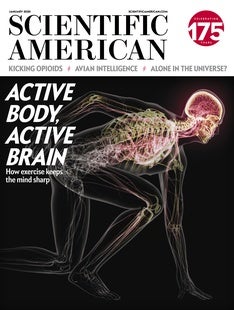
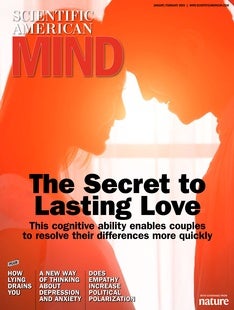



Comments
Post a Comment